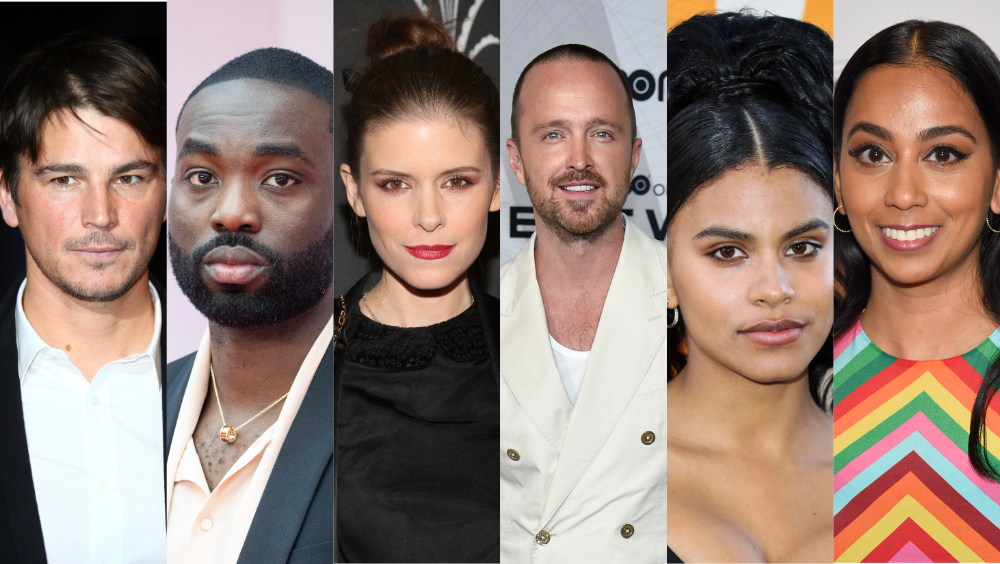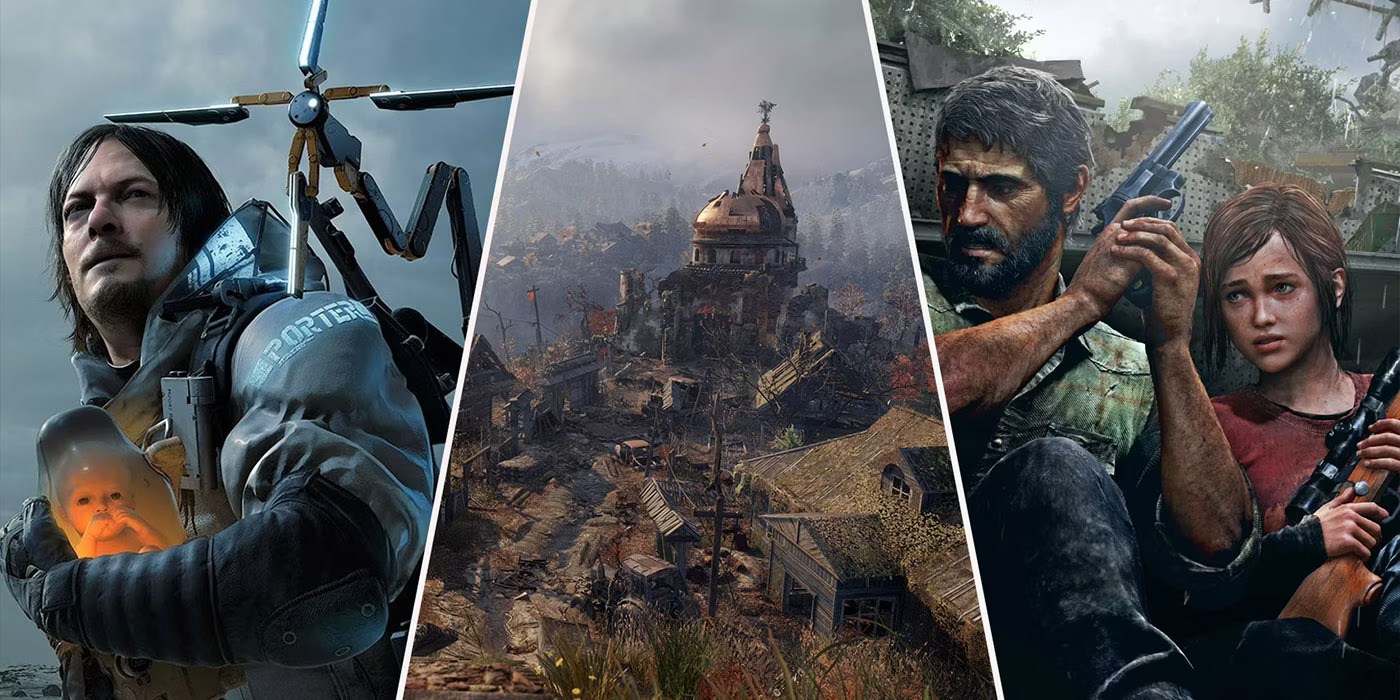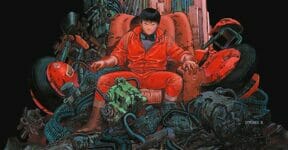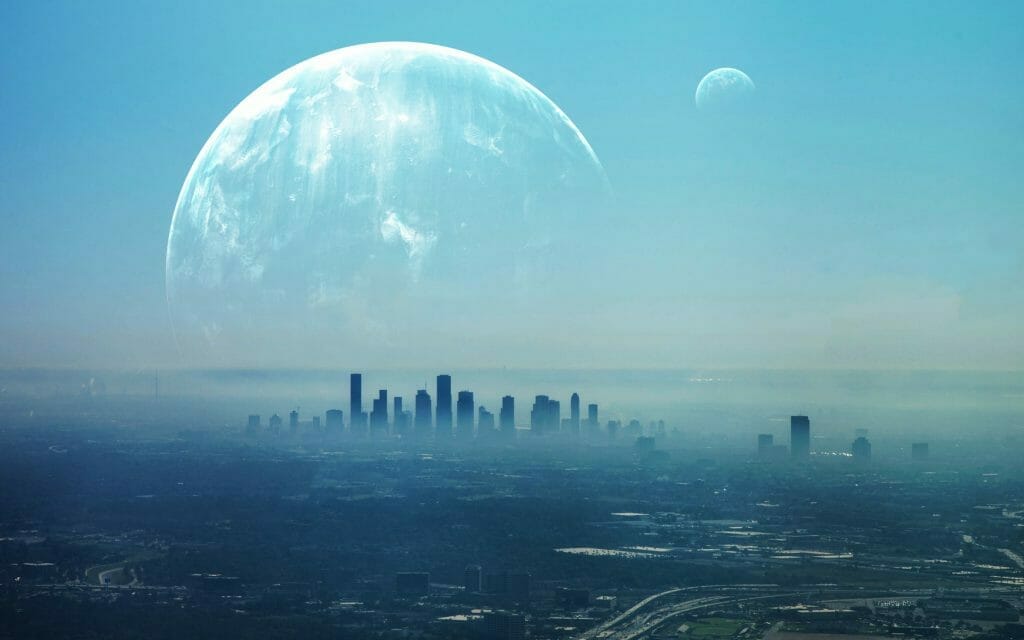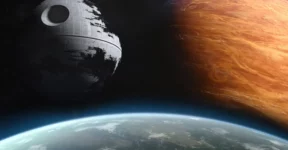Science fiction and fantasy, cornerstones of speculative fiction, have captivated audiences for centuries. These genres, often intertwined as sci-fi fantasy, transport us to imaginative realms where advanced technology and ancient magic coexist. As society evolves, so too do the trends in Sci-Fi Fantasy, shaping the narratives we consume across movies, television, books, and video games.
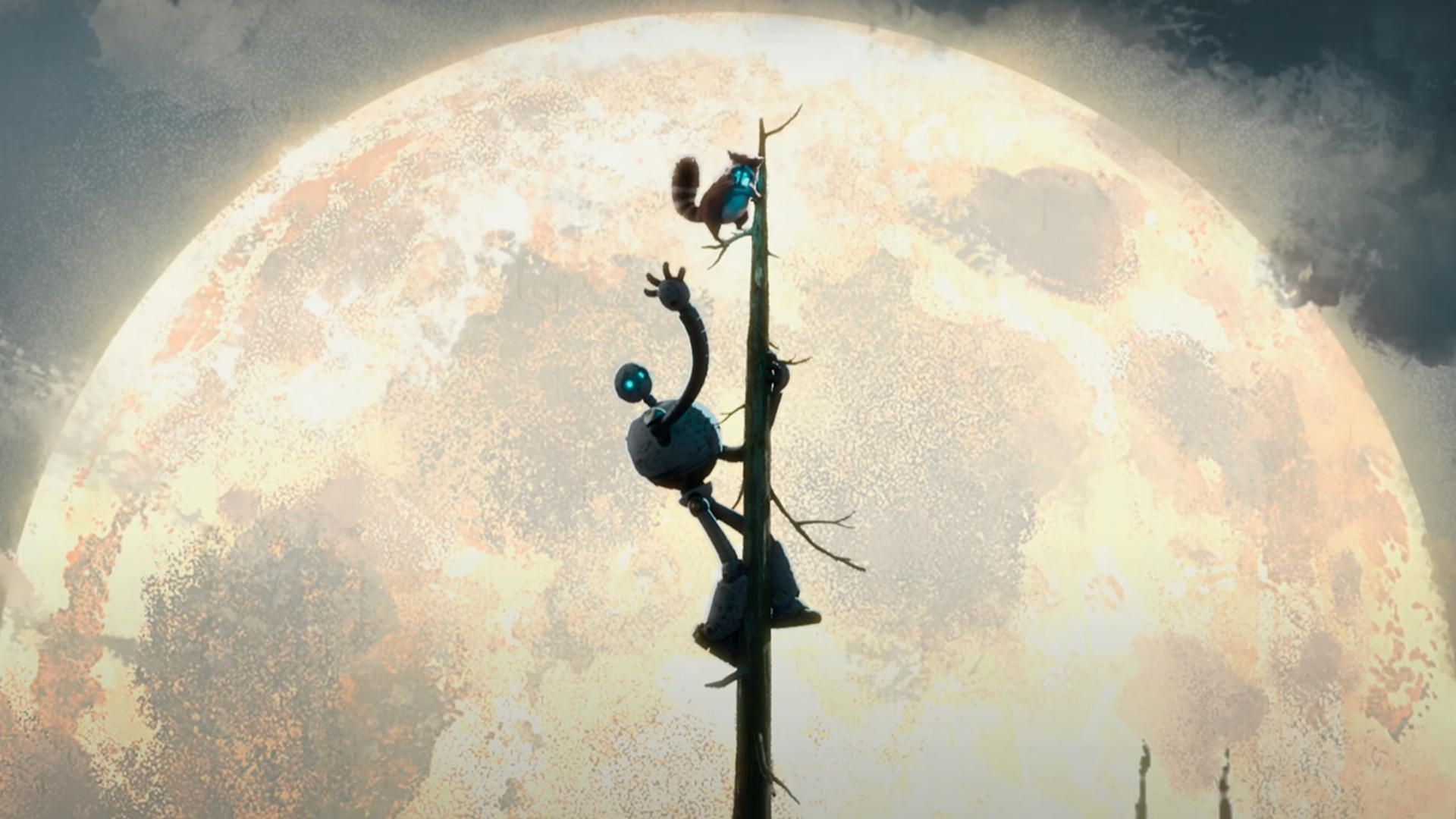
Movies: The Reign of Sequels and Sci-Fi Horror
2024 saw the dominance of sequels in the sci-fi fantasy film landscape. Animated films, particularly from established studios like Pixar and Disney, led the charge with billion-dollar successes like Inside Out 2 and Moana 2. Illumination’s Despicable Me 4 also performed exceptionally well, while DreamWorks Animation’s The Wild Robot garnered critical acclaim.
Sci-fi horror also thrived, with Alien: Romulus and A Quiet Place: Day One leading the pack. This trend is projected to continue in 2025 with anticipated releases like Jurassic World: Rebirth and 28 Years Later. The success of these franchises demonstrates the enduring appeal of established sci-fi fantasy worlds and characters.
Television: Sequels, Adaptations, and a Shift in the Landscape
Mirroring the film industry, television also saw a focus on sequels and adaptations. Alien: Earth promises to bring the iconic Xenomorphs to our planet for the first time, while series like Percy Jackson and the Olympians and Stranger Things continue with new seasons.
However, unlike the cinematic success of sci-fi fantasy, television experienced a relative lull in groundbreaking new series. Amazon Prime Video’s Fallout, adapted from the popular video game, stood out as a notable success, prompting discussions of a second season and potential film adaptation.
High fantasy on television faced challenges. The Lord of the Rings: The Rings of Power, despite its substantial budget and beloved source material, underperformed expectations. This suggests a potential cooling of audience interest in high fantasy adaptations, at least for the moment.
Even established franchises like Star Wars and Star Trek experienced a dip in viewership, indicating a potential shift in audience preferences. The Marvel Cinematic Universe (MCU) also struggled to produce a streaming hit, further highlighting the evolving television landscape.
Books: The Rise of Romantic Sci-Fi Fantasy
While elements of horror and mystery have long been intertwined with sci-fi fantasy literature, a new trend has emerged: the fusion of romance with these genres. This “romantasy” or romantic SF subgenre is gaining momentum, offering emotionally driven narratives within fantastical settings.
Recent examples include The Serpent & the Wings of Night, Calamity, and Remedial Magic. Other notable titles include Iron Flame, Sanctuary of the Shadow, Bloodguard, and Heavenbreaker. The dark academia aesthetic, with its blend of magic, mystery, and romance, is a prominent setting in this burgeoning subgenre.
Video Games: Homogenization of Characters and Fantasy Dominance
Video games within the sci-fi fantasy realm have seen a trend toward character homogenization. Giants and gods become increasingly similar, elves and dwarves share unexpected connections, and angels and demons are portrayed as equals. This trend likely stems from the dominance of fantasy elements in many games marketed as sci-fi. True “hard” sci-fi remains relatively rare, with many titles leaning towards softer interpretations with less emphasis on scientific realism.
The Blurring Lines of Speculative Fiction
The overarching trend across all media is the convergence of speculative fiction subgenres. We see increasing blends of horror and fantasy, gothic and sci-fi horror, romance and dark fantasy, and more. This blurring of lines offers exciting possibilities for creators, allowing them to experiment with unconventional combinations and cater to evolving audience tastes.
Other Things You Might Want to Know
Can games deliver better storytelling than books?
Games offer unique storytelling potential through interactivity and immersion, placing players at the heart of the narrative. However, game development requires significantly more resources than writing a book. Books remain a more accessible and universal medium for storytelling.
Are there video games based on or inspired by books?
Yes, many video games draw inspiration from literature. Examples include:
- Bioshock (inspired by Ayn Rand’s Atlas Shrugged and The Fountainhead)
- S.T.A.L.K.E.R. Shadow of Chernobyl (based on Roadside Picnic)
- The Witcher III: Wild Hunt (based on The Witcher series)
- Dune II (based on Dune)
- Parasite Eve (based on the novel of the same name)
- Middle-earth: Shadow of Mordor (inspired by The Lord of the Rings)
- Metro: Last Light (based on the Metro series)
Popular Sci-Fi and Fantasy TV Series Based on Books:
- The Expanse
- Brave New World
- Altered Carbon
- The One
- War of the Worlds
- The Man in the High Castle
- Roswell (based on the Roswell High book series)
This expanded version provides a more in-depth analysis of the trends, addresses the user’s questions, and offers additional relevant information.


